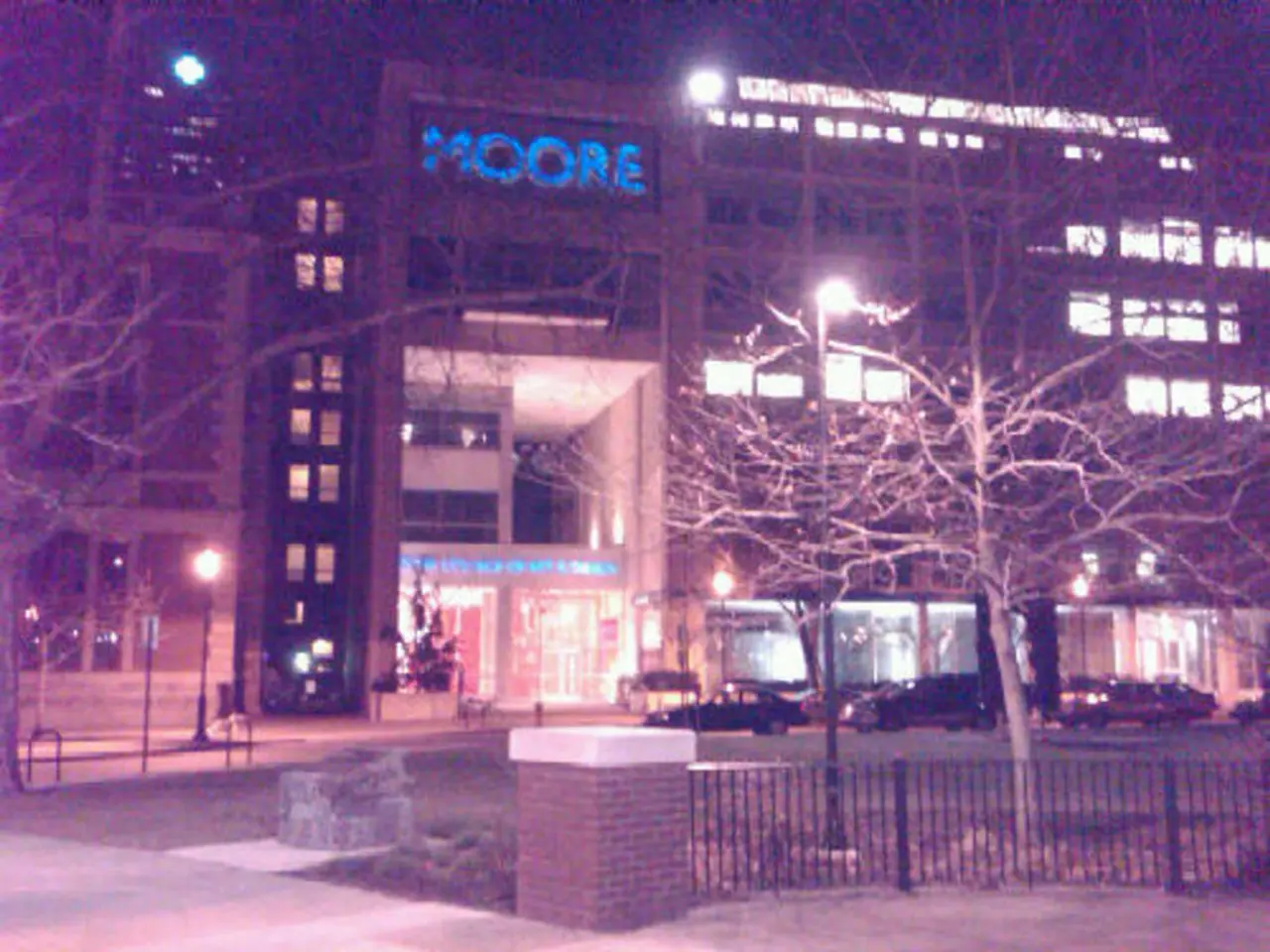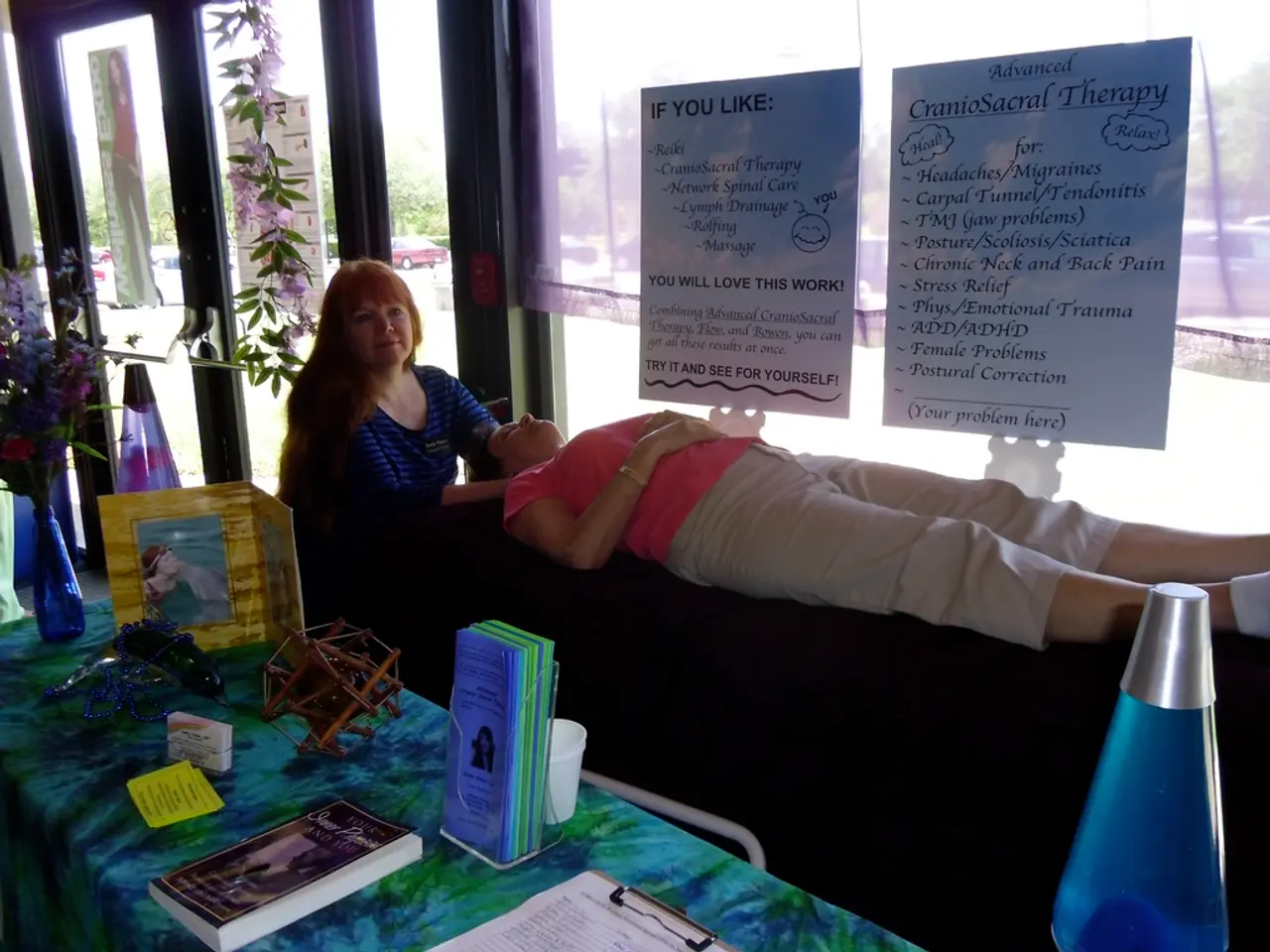Physician's Mobile Services: Widely Acclaimed Yet Lacking in Affordability - Mobile healthcare clinics: a beneficial addition, yet economically inefficient
In the heart of Rhineland-Palatinate, mobile doctor practices have been introduced to cater to the healthcare needs of patients in rural areas, where there is a shortage of general practitioners. These practices, which offer services such as examinations, prescription issuance, sick notes, and referrals, have been in operation for about a year, serving at ten locations.
The mobile doctor's vehicle is typically on site for several days a week, providing much-needed medical attention to those living in remote areas. However, the cost-neutrality of these practices is still a concern for the Association of Statutory Health Insurance Physicians in Rhineland-Palatinate.
Dr. Peter Bunders, a mobile doctor, reports that patients are grateful for the service, with the practices being well received. Chairman of the association, Peter Heinz, acknowledges the benefits of mobile doctor's practices but states that they are less efficient than traditional practices due to long travel times.
The most common diagnoses in the mobile practices include high blood pressure, respiratory diseases, and diabetes. Despite the challenges, the Association of Statutory Health Insurance Physicians in Rhineland-Palatinate has acknowledged that operating mobile doctor's practices presents unique challenges.
The mobile doctor's practices are intended to be a temporary solution, not a long-term one, according to the Association. The chairman does not foresee the addition of more mobile doctor's vehicles in the near future.
In an effort to increase efficiency and accessibility, a video consultation service for mobile doctor's practices was launched in January. This service has facilitated approximately 200 video consultation appointments in the first six months.
Currently, there is no direct evidence from provided sources that quantifies or evaluates the cost-effectiveness of mobile doctor’s practices versus traditional practices in Rhineland-Palatinate. The topic likely involves complex factors such as regional demographics, transport infrastructure, healthcare demand, and service scope.
For precise conclusions, studies specifically analyzing setup and operational costs for mobile units in Rhineland-Palatinate, patient outcomes and satisfaction, and comparative cost and utilization statistics would be required. Given the ongoing regional dialogue about mobility transitions, such research may emerge or already exist outside these search results.
[1] Ministry of Economy, Transport, Agriculture and Viticulture of Rhineland-Palatinate, "8th Regional Conference on Mobility Transition," [online] available at: https://www.mwln.rlp.de/de/themen/verkehr/verkehr-und-mobilitaet/8-regional-konferenz-mobilitaets-wende/
[2] University Medical Center Mainz, "Ethical Approval Process," [online] available at: https://www.unimedizin-mainz.de/forschung/ethik/ethik-kommission/ethik-kommission-mainz/ethik-kommission-mainz.html
- The Association of Statutory Health Insurance Physicians in Rhineland-Palatinate is currently investigating the cost-effectiveness of mobile doctor's practices, considering factors such as setup and operational costs, patient outcomes, and utilization statistics, to make informed decisions about long-term policies.
- Recognizing the benefits of vocational training for health and wellness, the University Medical Center Mainz is embracing digital solutions, such as video consultation services for mobile doctor's practices, to increase accessibility and improve patient care, especially in remote areas dealing with chronic diseases like high blood pressure, respiratory diseases, and diabetes.




